A Landmark Trade Partnership
Switzerland has officially approved regulatory changes to bring into effect a Free Trade Agreement (FTA) with India. The deal, part of the Trade and Economic Partnership Agreement (TEPA) between India and the four EFTA states — Switzerland, Norway, Iceland, and Liechtenstein — will take effect on October 1, 2025.
What the Agreement Covers
Under the agreement, India has committed to improving market access for nearly 94.7% of Switzerland’s exports (based on 2018–2023 trade data excluding gold). This includes key Swiss industries such as:
- Pharmaceuticals
- Machinery
- Optical instruments
- Watches
- Processed agricultural goods
Once fully implemented, these concessions are expected to save Swiss businesses up to CHF 167 million ($207 million) annually in customs duties.
Commitment to Sustainable Development
For the first time, India has agreed to make legally binding commitments on trade and sustainable development within an FTA. Both sides reaffirm their obligations under international treaties covering environment, social issues, and human rights. This ensures that environmental and labor protections are not compromised in pursuit of trade growth.
Boosting Investment and Jobs
The deal goes beyond trade in goods. It includes a dedicated chapter on investment promotion and cooperation. The EFTA states will launch initiatives to encourage investment in India, while New Delhi has pledged to maintain a favorable business climate. This partnership is expected to create new job opportunities and attract greater foreign direct investment (FDI) into India.
Why the Deal Matters
The Swiss government highlights that this agreement will help diversify export markets at a time when global trade faces growing uncertainty. With the United States imposing high tariffs — such as a 39% customs duty — Switzerland views free trade pacts as a vital tool to protect its industries and jobs.
Long Negotiations, Historic Breakthrough
The FTA marks the end of a 16-year negotiation process. The deal was signed on March 10, 2024, by Swiss Economy Minister Guy Parmelin and was approved by the Swiss parliament on March 21, 2025. It reflects Switzerland’s long-term foreign economic strategy to strengthen international trade ties and secure stable growth opportunities.
Update: India-EFTA Trade Pact Comes Into Force with $100B Investment and 1M Jobs Promise
September 30, 2025
The India-European Free Trade Association (EFTA) Trade and Economic Partnership Agreement (TEPA), signed on March 10, 2024, takes effect from October 1. EFTA — comprising Iceland, Liechtenstein, Norway, and Switzerland — has committed $100 billion investment over 15 years, expected to create one million direct jobs in India. India will phase out customs duties on Swiss products such as watches, chocolates, and diamonds over 10 years, while extending concessions on 82.7% of its tariff lines, covering 95.3% of EFTA exports. The deal also secures commitments in 128 sub-sectors from Switzerland, with similar arrangements from other members.
Sensitive items like dairy, soya, coal, and select farm goods are excluded from the pact. In 2024-25, two-way trade between India and EFTA reached $24.41 billion, with India recording a $20.47 billion trade deficit. Switzerland is the bloc’s largest trading partner, with India exporting $1.47 billion and importing $21.8 billion.

BBW News Desk is the editorial team of BigBreakingWire, a digital newsroom focused on global finance, markets, geopolitics, trade policy, and macroeconomic developments.
Our editors monitor government decisions, central bank actions, international trade movements, corporate activity, and economic indicators to deliver fast, fact-based reporting for investors, professionals, and informed readers.
The BBW News Desk operates under the editorial standards of BigBreakingWire, prioritizing accuracy, verified information, and timely updates on major global developments.
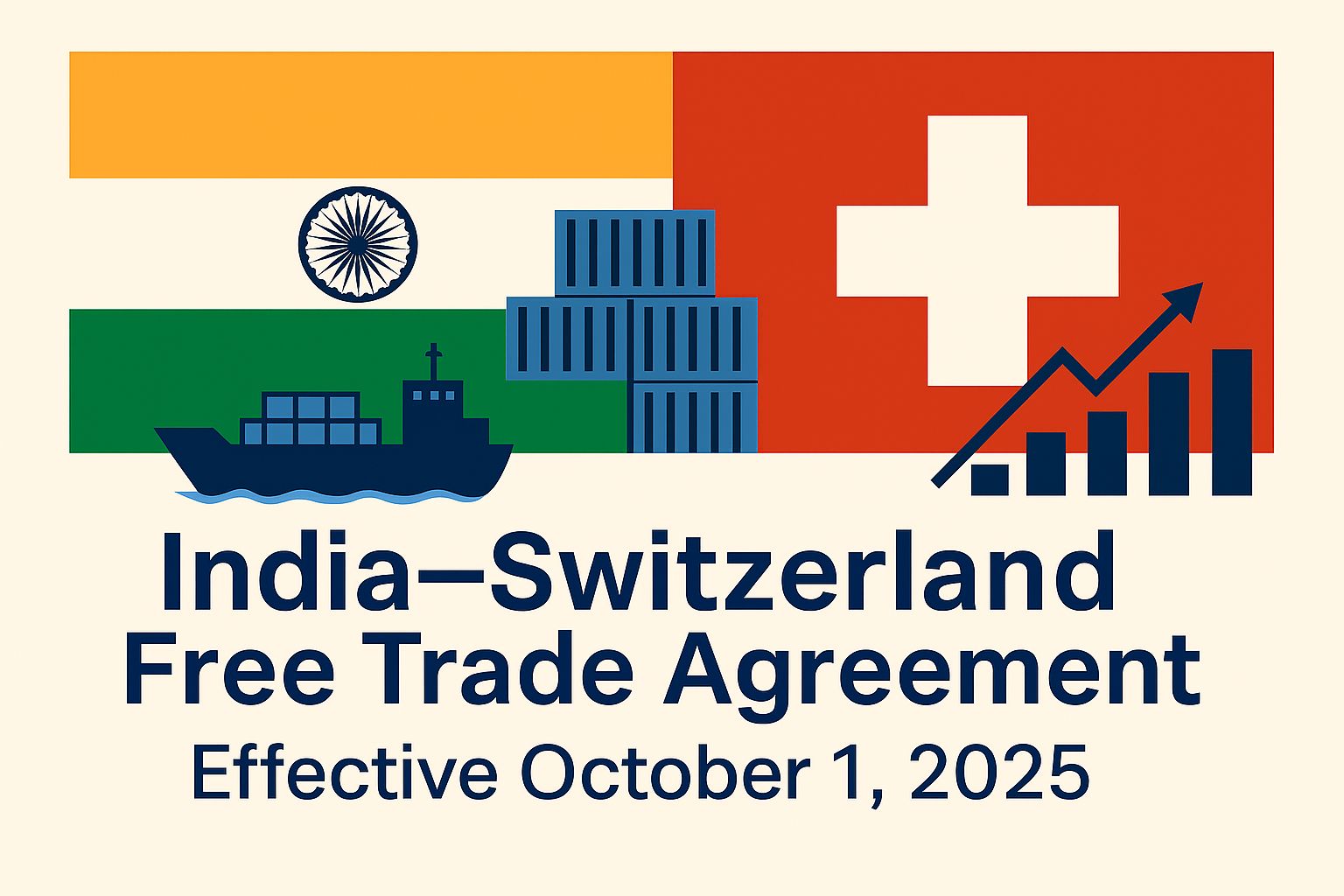










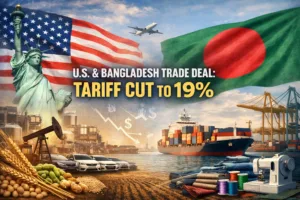
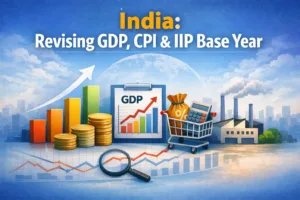
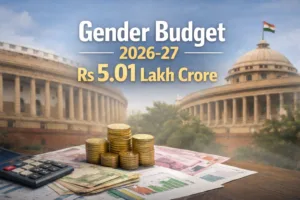

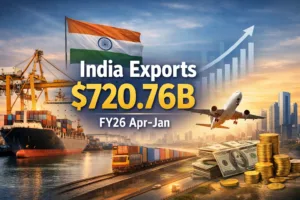




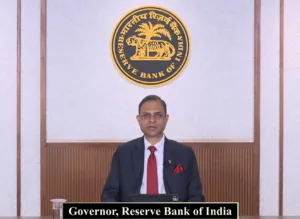


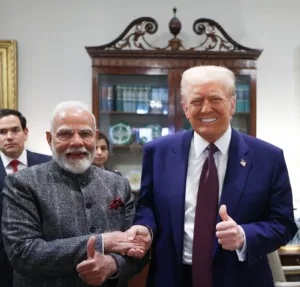
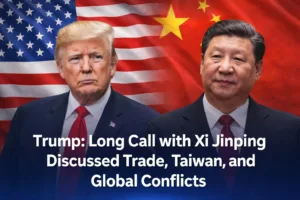


Be First to Comment